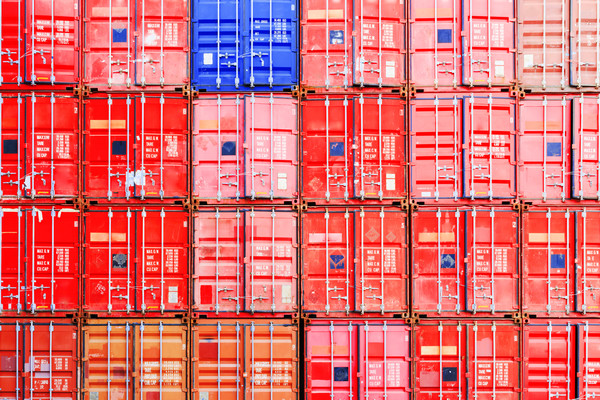The growing pressure and urgency across all fields of society to respond to environmental, social and governance (ESG) issues has led to some rethinking within the marine insurance industry. In this context, IUMI will play a role by facilitating a dialogue and raising awareness among our membership on ESG topics with a direct impact on marine insurers. One such issue is the new regulatory requirements related to conflict minerals.
Increasingly, due diligence requirements in the supply chain are aimed at providing greater transparency throughout the entire process. EU Regulation 201/821 puts in place a framework for EU based importers of certain metals and minerals originating from conflict-affected and high-risk areas (CAHRAs). Its objective is to ensure that trade into the EU does not fund conflicts or in any way enable human rights abuses. The key requirements will come into force on 1 January 2021.
Importers, traders, smelters and refiners of the following materials have to carry out obligatory due diligence checks on their suppliers and origin of the products:
- Concentrates and ores containing 3TG (tin, tantalum, tungsten and gold).
- Metals containing or consisting of 3TG.
Importers must declare minerals and/or metals for release and circulation in the EU. This includes companies which are not legally established within the EU. Downstream users who do not directly import do not fall under the due diligence obligation. On the contrary, smelters and refiners who exercise any form of extraction or metallurgy processing aiming at producing a metal from a mineral are required to comply with the due diligence obligations. These obligations can be summarised as follows:
- Adopt a supply chain policy for 3TG and communicate this to suppliers and the public. This includes risk assessment, a strategy to respond to identified risks, and third-party independent audits in the supply chain.
- Implement due diligence standards as per OECD guidance.
- Senior management to establish strong company management systems to control and hold records of the process, and to report about the process.
- Incorporate appropriate contractual provisions in the supply chain.
- Provide information and disclosure to relevant authorities.
- Establish a complaint procedure for stakeholders, including access to an external expert.
Similar provisions are part of the U.S. Dodd-Frank Act (section 1502) which came into force in 2010 and specifically aims at the Democratic Republic of Congo and neighbouring countries.
With the EU regulation coming into force soon it is recommended that marine insurers check with concerned insureds if due diligence procedures will be in place.
